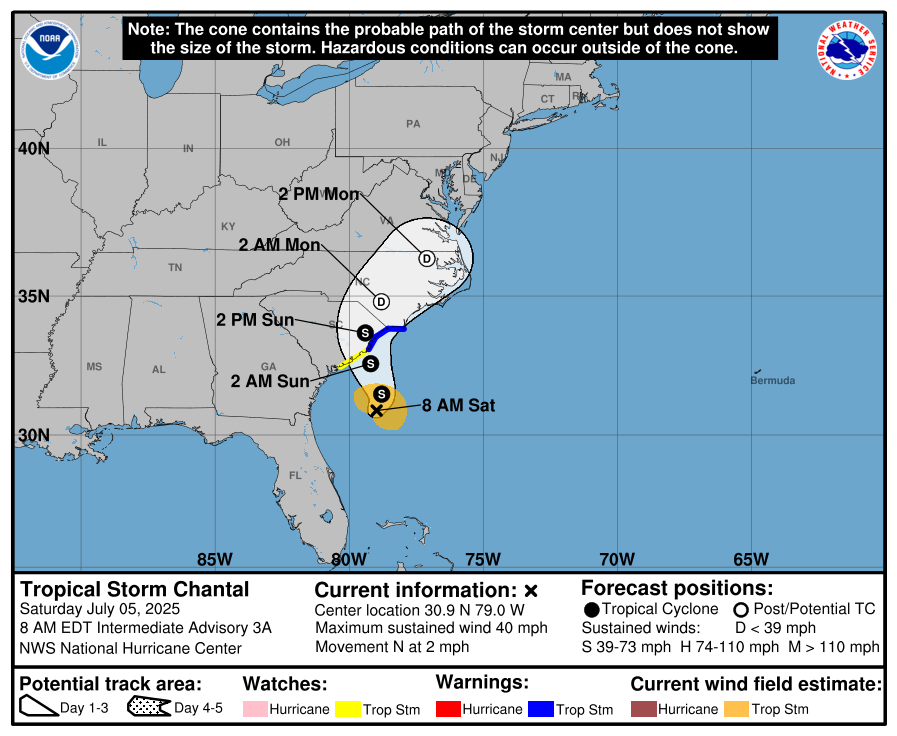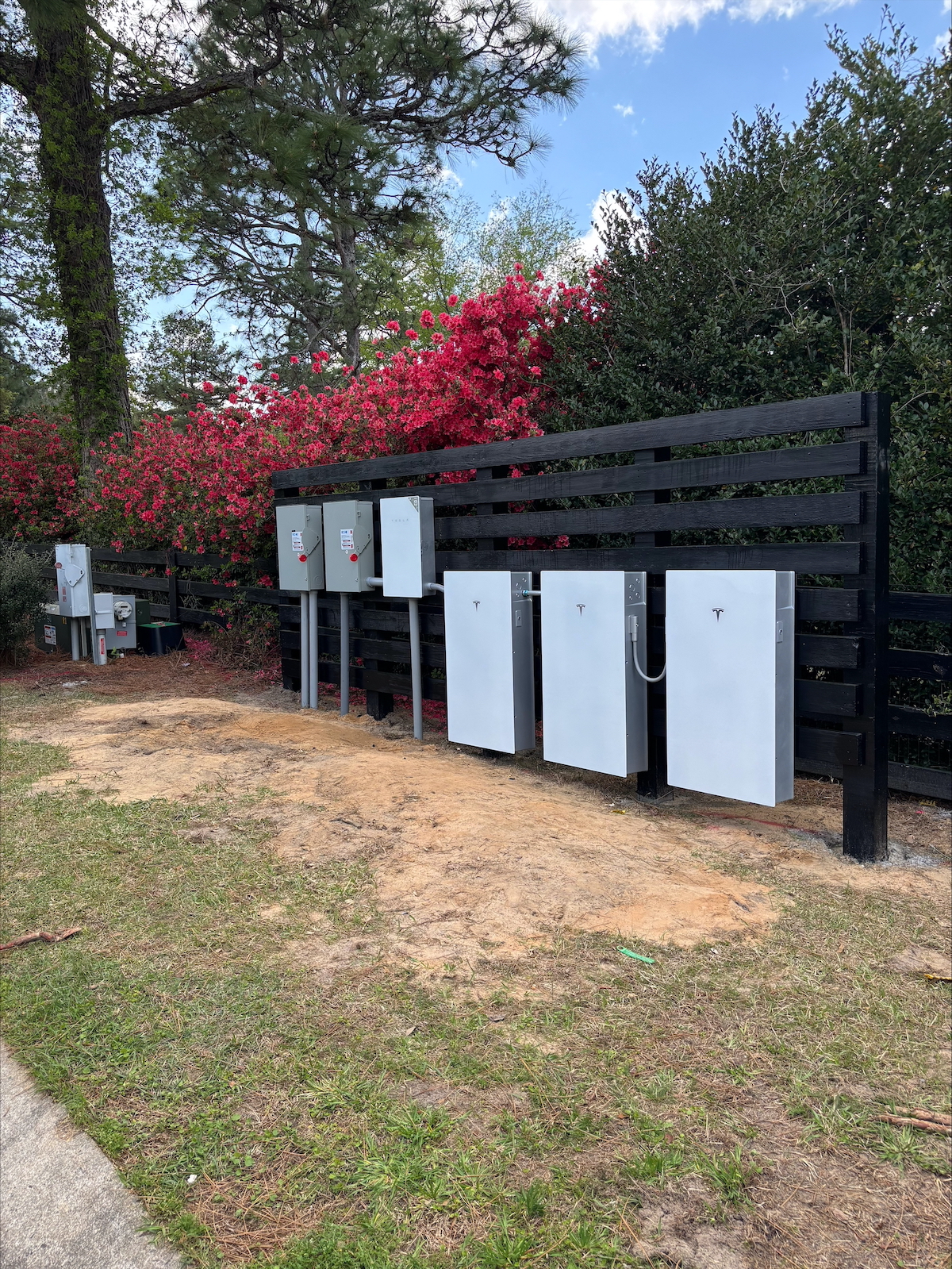By Drew Eyerly and Tim Joy
The Inflation Reduction Act has been a source of much discussion ever since President Biden signed it into law.
But whether our feelings about this partisan bill are positive or negative, the money has been allocated, and we should make sure that money works for South Carolinians.
The act combines programs, fees, and tax credits to increase the speed at which the U.S. adopts clean energy including solar, wind, nuclear, and hydrogen. It will give Americans rebates covering 50% to 100% of the cost of installing new, energy-saving home electric appliances, such as heat pumps, water heaters, clothes dryers, stoves, and ovens, as well as a 30% rooftop solar tax credit to lower utility bills.
Even without the rebates and credits, it’s estimated that American households will save $170 to $220 per year by 2030 thanks to lower electricity costs. The funding for clean domestic energy will also decrease the burden on American taxpayers to subsidize fossil fuel costs or the deployment of our military to protect global trade routes around foreign oil production.
Our farmers, who are seeing their yields impacted by more extreme precipitation and rising temperatures, are in a position to implement important climate solutions but often can’t afford to pay for investments out of pocket. Now they will receive cash for projects to help store carbon in soil and trees, reduce methane, and switch to sustainable fertilizer and crop rotation methods. Meanwhile, foresters will benefit from funds for forest health and resilience as well as incentives to maximize the amount of carbon dioxide removed from the air.
The act contains a huge investment in low-carbon technologies and is expected to help reduce greenhouse gas emissions 40% below 2005 levels by 2030, reducing the air pollution that sickens millions of Americans and adds up to billions of dollars in public health costs.
The economic opportunities here in South Carolina include grants to electric utilities and co-ops to accelerate the transition to clean energy and for seaports to reduce emissions, funding to help industrial manufacturing, and cash to conserve, restore and protect coastal habitats.
The American Nuclear Society has stated that the IRA provisions for nuclear energy will “help preserve the existing nuclear fleet, and scale-up new and advanced reactors leading to tens of thousands of American jobs.” This is good news for South Carolina where approximately 50% of our electricity comes from nuclear power.
In the Palmetto State, we are at risk of experiencing more intense heat, flooding, and storms as our climate warms due to the heat-trapping emissions caused by burning fossil fuels. We must embrace solutions that are good for people and the economy while ensuring we reduce the pollution heating up our planet and causing costly extreme weather events.
The Inflation Reduction Act was passed to clean up the air at home, but we still need to fix the problems it does not address — specifically, while we reduce pollution in the U.S., other countries continue to release heat-trapping gasses into the air which warms the planet for all of us.
One way to increase responsibility elsewhere is to impose a fee on imported products from nations that release more pollution in their manufacturing process. The E.U. is rapidly moving forward with a carbon border adjustment mechanism (CBAM), which will force countries trading with it to produce products with a lower carbon footprint or pay a fee. We too can level the playing field by placing a CBAM on foreign manufacturers undercutting our U.S. businesses with their cheaper, higher carbon-intensive goods.
If Republicans win power in November, it will fall to them to hold other countries accountable. As the new Congress approaches, we urge Senators Lindsey Graham and Tim Scott and Representative Nancy Mace to support federal policy that does just that.
With the Inflation Reduction Act now the law of the land, it’s essential our communities in South Carolina secure the full benefits available. We can also send a firm message to high-polluting countries — if you don’t follow our lead, you’ll pay to do business.
Drew Eyerly is Conservative Outreach Director of Citizens’ Climate Lobby. Tim Joy lives in Beaufort and is leader of the Beaufort chapter of Citizens’ Climate Lobby.









